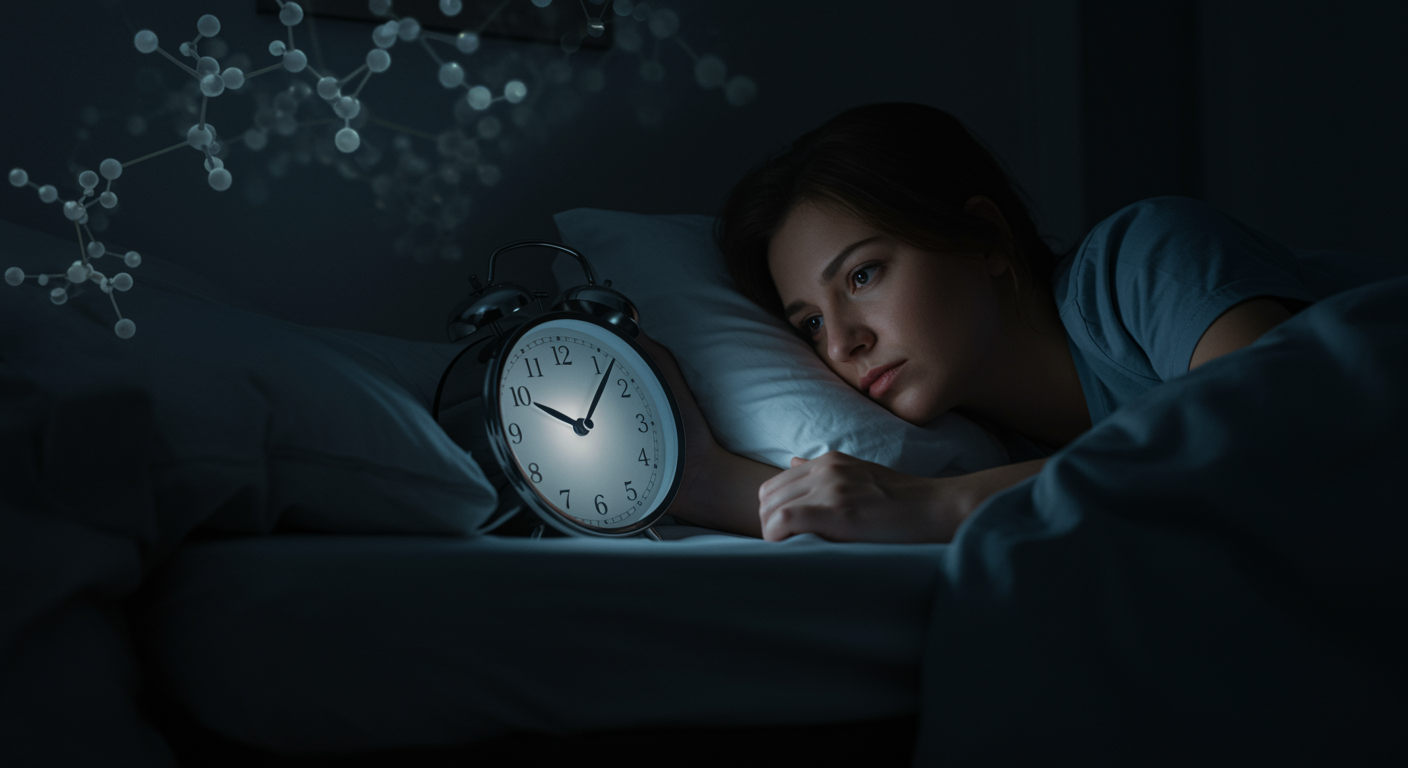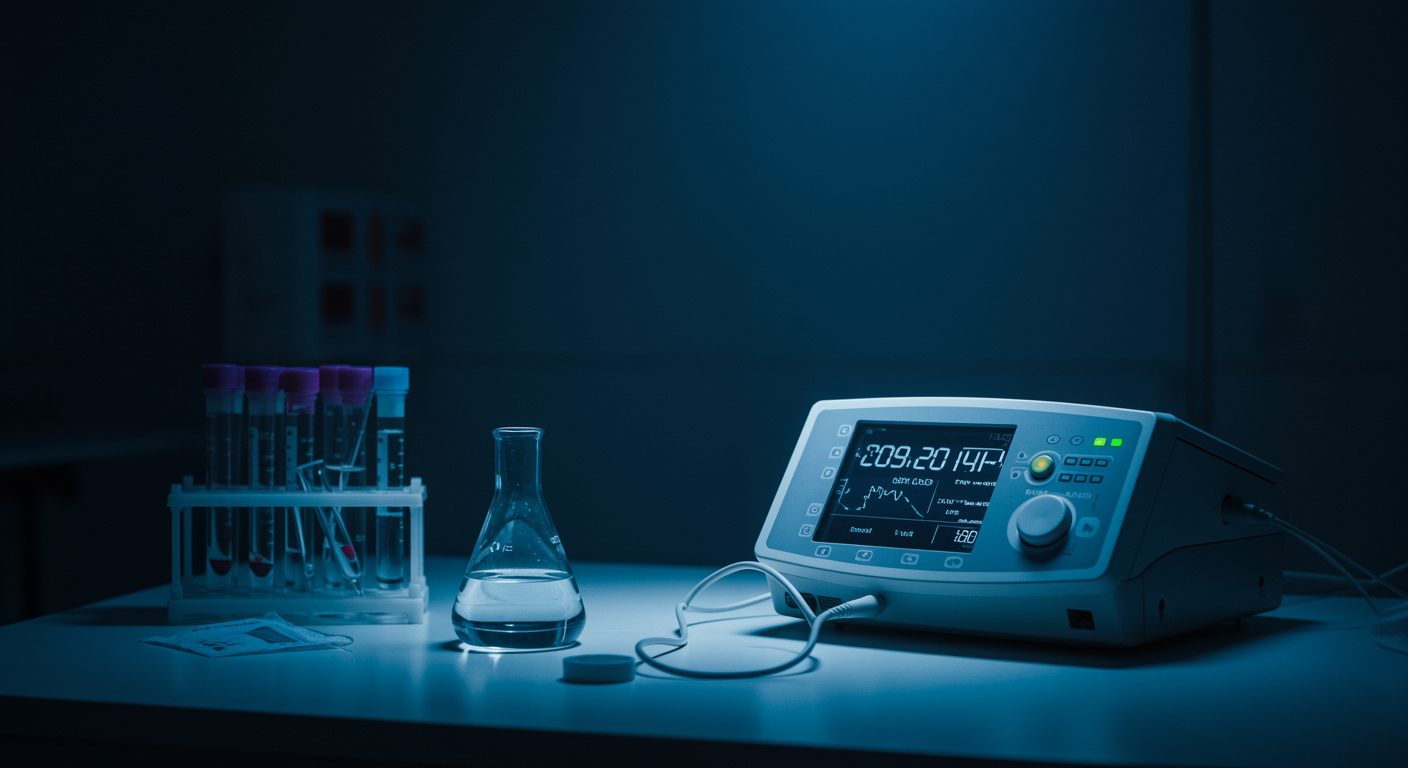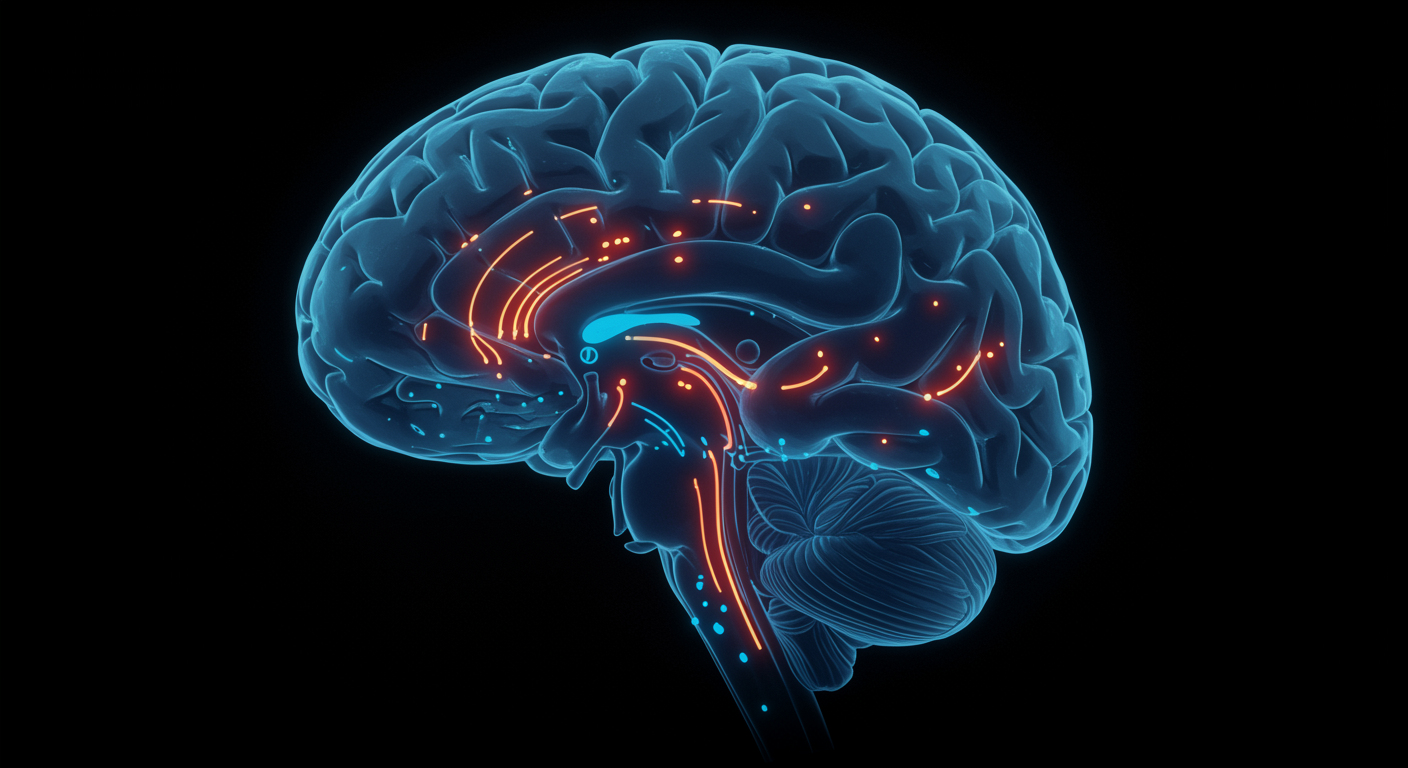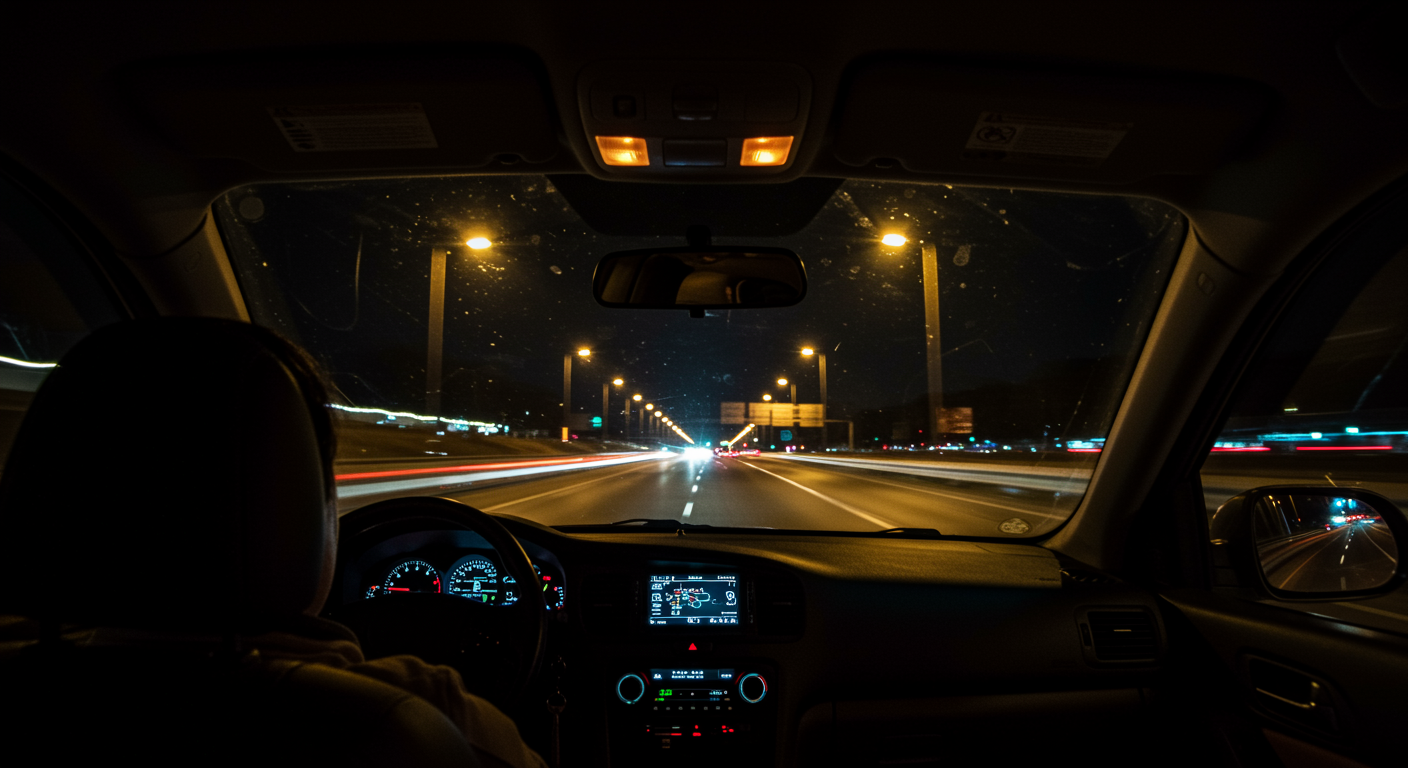Laparoscopic Performance After One Night Call: Sleep Deprivation Effects on Surgical Skills
How Does One Night of Call Duty Affect Surgeon Performance in Laparoscopic Surgery?
One night of call duty significantly impairs laparoscopic surgical performance, with measurable decreases in precision, speed, and increased error rates among surgeons, this research demonstrates. The study found that surgeons who had been on call for one night showed 23% slower task completion times, 35% more errors, and significantly reduced precision in laparoscopic simulation tasks compared to their well-rested performance. Fine motor skills, depth perception, and decision-making abilities were all compromised after sleep deprivation, with some surgeons performing at levels comparable to having a blood alcohol concentration of 0.05-0.08%. The research highlights critical patient safety implications and raises important questions about work hour limitations and fatigue management in surgical departments.









